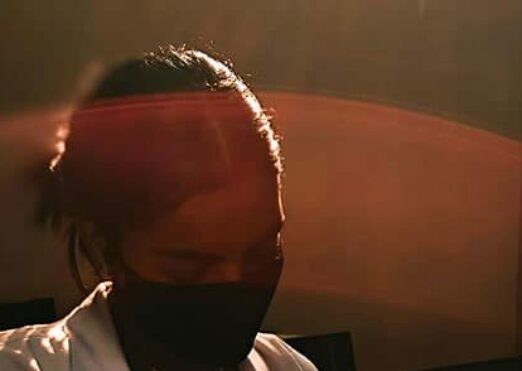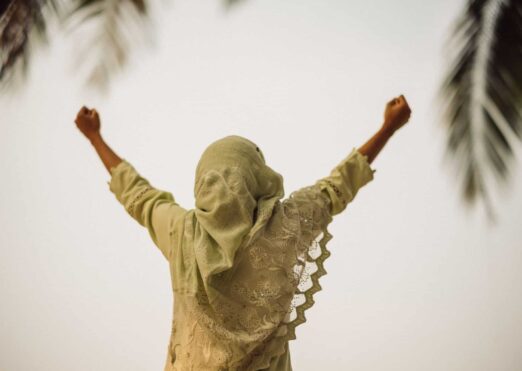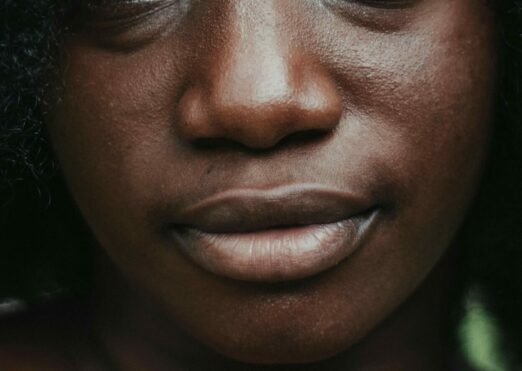Statues and slavery
June 9, 2020
A debate is raging about whether it was right to tear down Edward Colston’s statue in Bristol, and whether other statues should face the same treatment. Today the Mayor of London announced a review of all statues in the capital and a commitment to remove any others required. No doubt more leaders will do the same around the UK.
As we know, Colston was a prolific slave-trader who helped to lead the Royal African Company in the 1600s. Their ships transported more than 80,000 slaves – all branded with ‘RAC’ as they travelled – from West Africa to the Americas on a hellish voyage. As many as 20% of those on board died en route battling disease, being murdered or throwing themselves off in desperation. Those who survived faced unimaginable exploitation and abuse.
Yet what is often missed in this latest discussion, as people highlight the historical abuse of so many millions in the trans-Atlantic trade – is that slavery is not just a scar on Britain’s past. It is an open wound in our present. It is not simply confined to our statues, memorials or in our museums. It is a living, breathing nightmare that too many people live with on home soil and around the world every day of their lives.
Today as many as 40 million people are kept as slaves, often trafficked across borders and between locations. Sometimes under cover of darkness and sometimes in broad daylight. Potentially 100,000 people are victims of this slavery and trafficking in the UK alone. It is big business too: a global trade worth as much as $150bn, making some of the evilest people you can imagine richer than you can imagine. Some people found by the police and NGOs like Justice and Care have barcodes tattooed on their necks rather than letters burnt into their chests. But the brutality has been handed down the centuries one way or another.
Today’s slaves are women and children raped in brothels. Homeless people were taken from the streets and put into hard labour. Young men tricked into debt, travel and criminal activity. People kept like dogs in family homes, given little water and food. This is happening in too many of our restaurants, farms, factories, nail bars, car washes, apartment blocks and office cleaning firms.
So today’s challenge is different. When Colston was profiting from slavery everyone knew it existed but few people considered it to be wrong. It is the reverse in 2020: almost everyone would consider it wrong, but too few people know it exists.
We have got to change that if we are to prevent millions more from experiencing the modern-day equivalent of those slave ships and chains. We have lost too many already. So, by all means, remove the statues honouring those who ran the slave trade all those centuries ago – I agree they have no place in a society seeking to destroy racism and heal the hurt it causes. But let us not miss our moment to honour those who lived in slavery in another way too: by stamping it out now.
That is what our work is all about at Justice and Care, and why we need you to back campaigns like our recent #unlockthedoors initiative. Major progress has been made in this country and around the world in recent years. Slavery can be defeated. It can become a problem of the past. But we are only just beginning.
Christian Guy, CEO for Justice and Care


